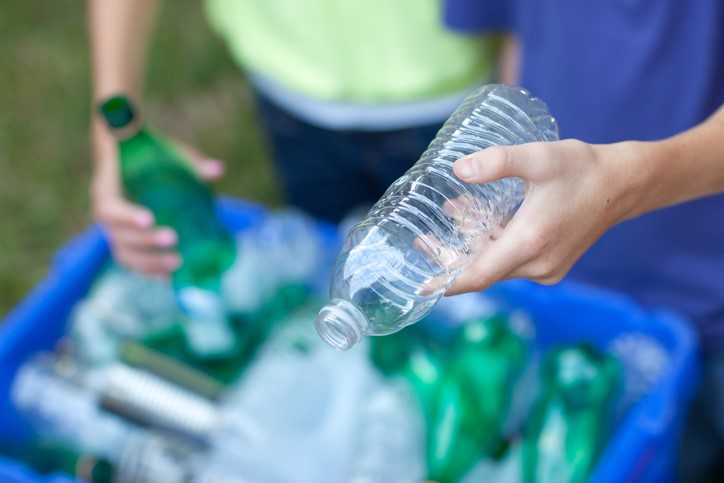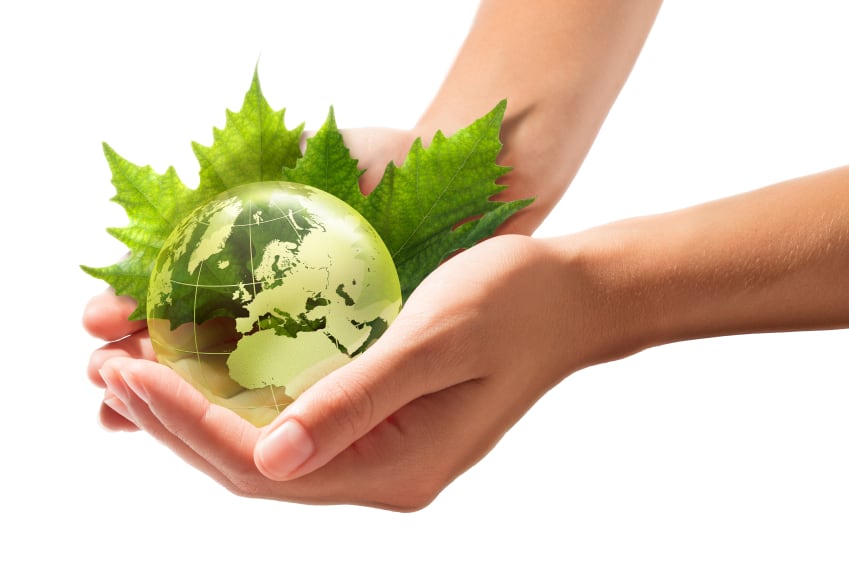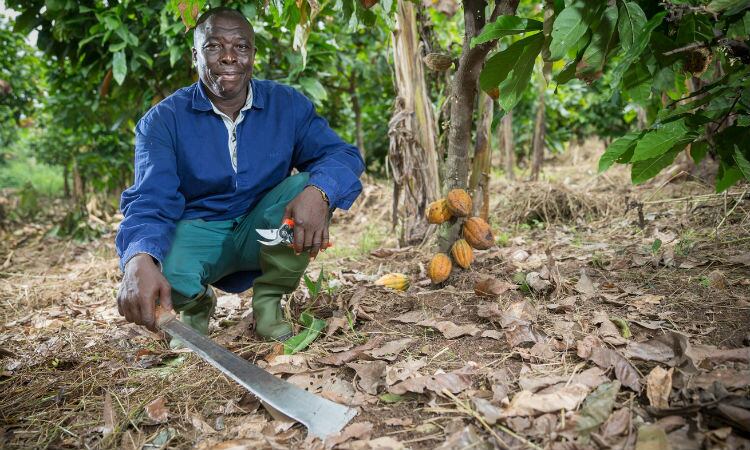Consumer interest in products marketed as being better-for-you or better-for-the-planet continue to gain mainstream traction. As some of the biggest food news events of 2018 evidenced, public awareness is growing around issues like deforestation in the supply chain and the relationship between the food system and climate change.
“Growing consumer concern about provenance, wellness, authenticity and sustainability are all impacting innovation trends and we expect this to continue in the next 12 months,” Olly Abotorabi, senior regional insights manager at research provider IRI told FoodNavigator.
Here are some top trends set to shape the sustainable food sector in 2019.
#1 – Plant-based movement gains steam
Commentators expect that the incredible jump in plant-based food sales – and plant-based options on the market – will continue to gain momentum in 2019.
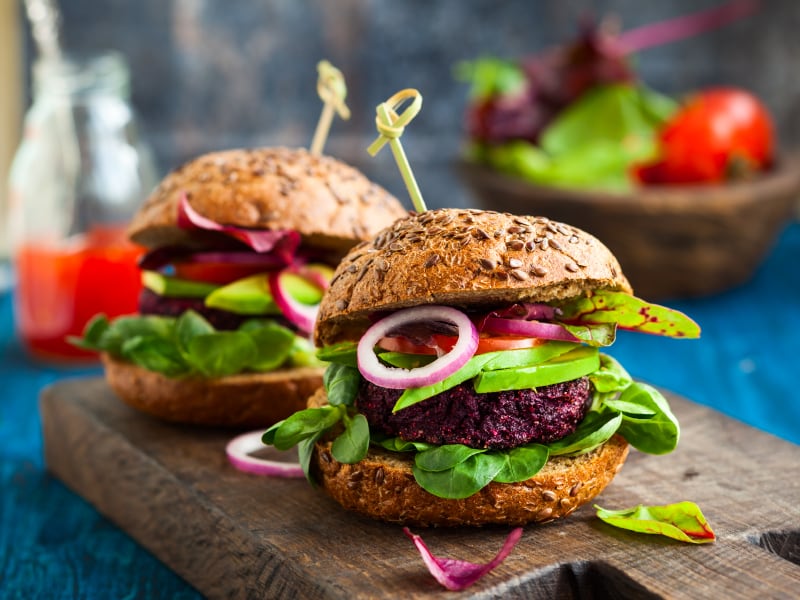
Research by insight provider Mintel found sales of meat-free foods in the UK alone have increased by 22% between 2013 and 2018 to reach an estimated £740m in 2018. Growth is set to continue as value sales of the meat-free market are forecast to increase by a further 44% by 2023.
Consumers increasingly expressed interest in diversifying their diets, reducing meat consumption and eating more veggies during 2018. Researchers at Innova Market Insights also predict that this trend will endure in 2019.
“The plant-based market shows no signs of slowing down. Companies and brands are greening up their portfolios to attract mainstream consumers who want to add more plant-based options into their diets. For many, going plant-based is about achieving a healthy and sustainable balance between meat and vegetables, rather than adopting an all-or-nothing way of eating.”
#2 – Organic food in focus
According to sustainable food market research specialist Ecovia Intelligence, sales of organic foods will continue to mainstream in the coming year.
Figures published by the European Parliament demonstrate runaway growth in Europe’s organic food sales. According to the data revenue from organic products throughout Europe increased 47.7% between 2012 and 2016 to reach €30.7bn.
Ecovia noted that this “positive trajectory” is supported by increased distribution in retail multiples and, in particular, by expanded private label organic options.
#3 – Local sourcing in the spotlight
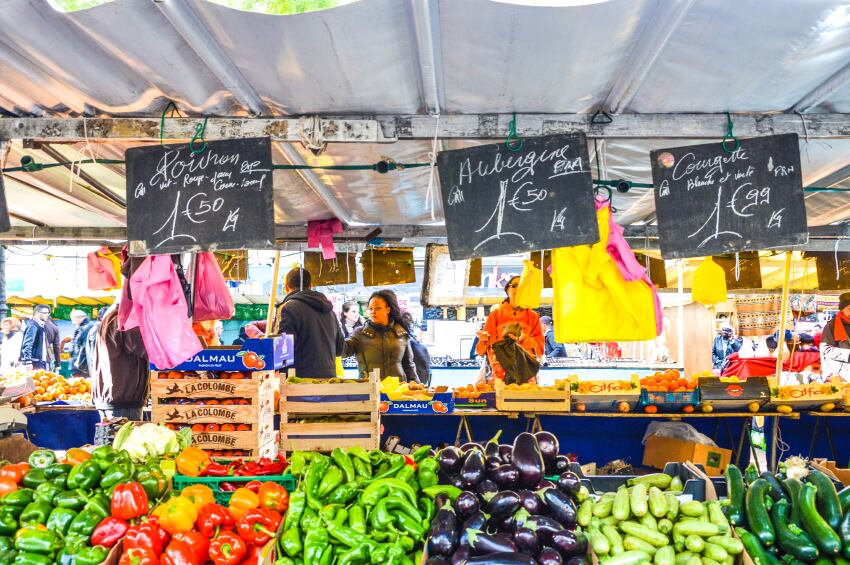
Concern over food miles, a desire to support local economies and the search for food that feels “authentic” mean that European consumers are also expressing growing support for local food brands.
IRI’s Abotorabi observed: “Geocentric purchasing has been causing international brands a headache for a while and this will continue into 2019. Local and national brands are increasingly winning consumers’ hearts and minds.”
A recent survey from the shopper insight provider found seven out of ten European shoppers identifying “strongly” with ethical purchasing practices and expressed a “clear preference” for buying locally sourced products.
The survey, which gauged the opinion of more than 3,000 European consumers across seven countries, including the UK, Italy, France and Germany, discovered ethical considerations have become closely linked with regional production.
“Support for local producers, better quality produce and taste were cited as the most influential factors. The ‘buy local’ scene is on the rise again across Europe as shoppers desire authenticity and provenance,” Aboroeabi noted.
#4 – Plastic backlash
Hard-hitting media coverage of plastic pollution has galvanised public opinion on the topic. With an estimated 8 million tonnes of plastic leaking into the oceans every year, food makers and retailers that fail to respond in 2019 are likely to do so at their peril.
Some have already taken action. The likes of Coca-Cola, P&G, Britvic and Danone have signed up to initiatives like the UK Plastics Pact – a collaborative effort to create a circular economy for plastic. Meanwhile, last month Nestlé set out its plans to address the growing packaging waste problem by creating the Nestlé Institute of Packaging Sciences, in Lausanne, Switzerland.

With public opinion and industry commitment converging on the plastic issue, we can expect further developments and ongoing attention throughout 2019.
Innovation is likely to set the pace of change as new models to manage plastic and packaging alternatives are developed.
Some food companies are likely to move to biopolymers and other sustainable packaging materials. Others could think outside the box – or plastic wrap – by adopting disruptive innovation like EOSTA’s Natural Branding concept that uses a high definition laser to remove part of the pigment from the outer layer of the peel of the fruit or vegetable - leaving a permanent mark and reducing the need to pack produce in plastics.
#5 – M&A in sustainable food brands
As large corporations increasingly look to take a share of the sustainable food market, there has been an increase in acquisitions and investment.
Pointing to the recent acquisition of meat-free manufacturer The Vegetarian Butcher by Unilever late last year, Ecovia predicts this movement will continue into 2019.
“More dedicated sustainable food enterprises are expected to be snapped up by large multinationals this year,” the researchers said. “More investment is expected into organic and sustainable food firms from the financial community.”
Acquiring sustainable food businesses has a number of advantages for large corporates: It gives them access to the small player mindset and ownership of brands that have already formed strong connections with consumers looking for ‘authentic’ messaging.


